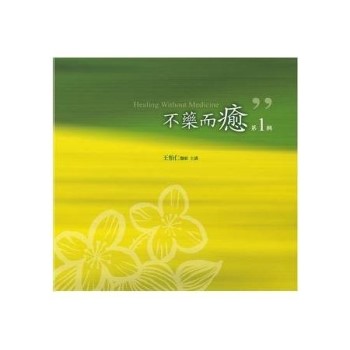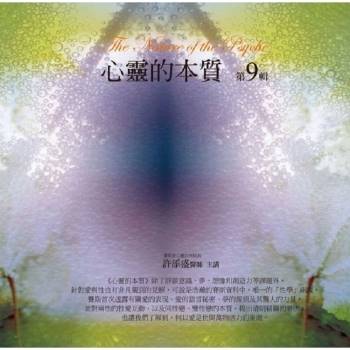In Europe, and later in the United States, the revitalization of the philosophy of language emerged from the need to address certain perplexities concerning formal disciplines and to work out certain complexities found within philosophy.. In Uruguay, philosophy of language began with Carlos Vaz Ferreira as an analysis of the common and argumentative uses of language, but then it expanded to address typically philosophical questions. Edited by Carlos Enrique Caorsi and Ricardo J. Navia, Philosophy of Language in Uruguay: Language, Meaning, and Philosophy demonstrates the different directions in which philosophy of language has developed in Uruguay in the last twenty years, giving a representative picture of how philosophical approaches from a linguistic perspective have developed in this Latin American country. Uruguayan philosophy has a very small international presence, but it has long produced works within the philosophical explorations of language worthy of being better known. The contributors dissect these explorations through epistemology, linguistics, argumentation, and cognitive sciences to discover how philosophers of language such as Vaz Ferreira have grown to understand the complexities of language and how it has affected us today.












